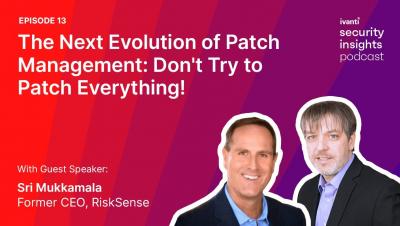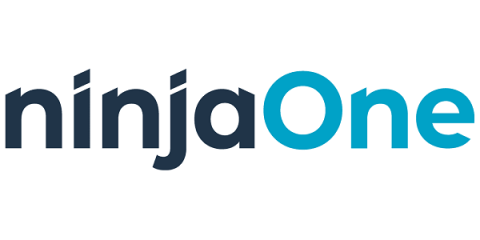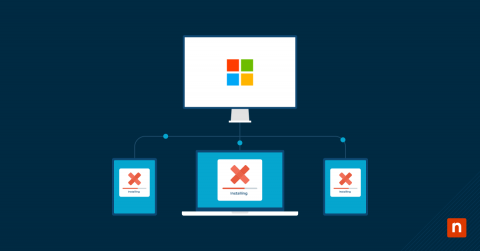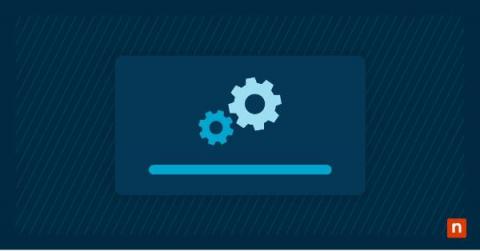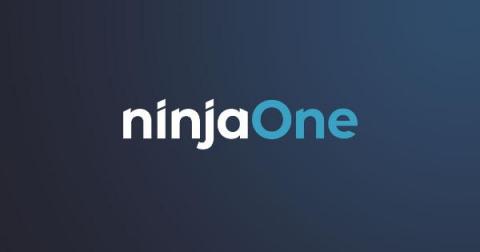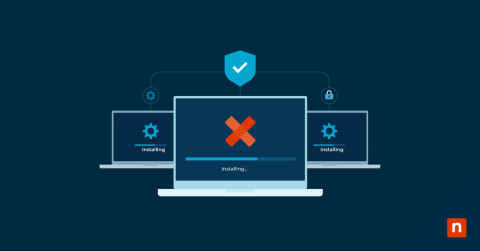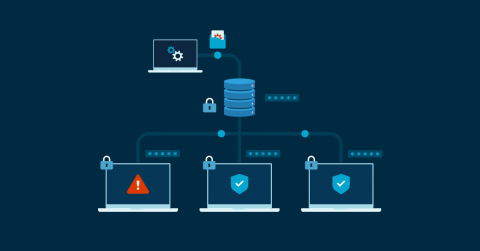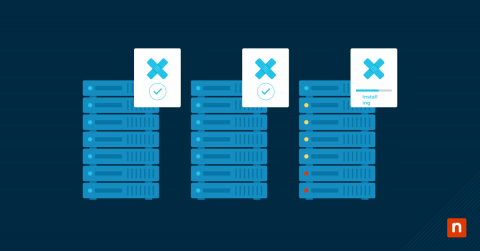Three Reasons Endpoint Security Can't Stop With Just Patching
With remote work now commonplace, having a good cyber hygiene program is crucial for organizations who want to survive in today’s threat landscape. This includes promoting a culture of individual cybersecurity awareness and deploying the right security tools, which are both critical to the program’s success. Some of these tools include endpoint patching, endpoint detection and response (EDR) solutions and antivirus software.



